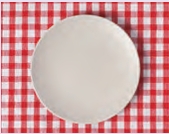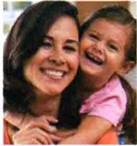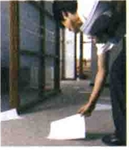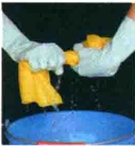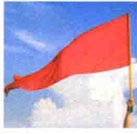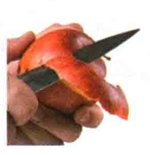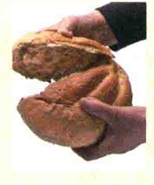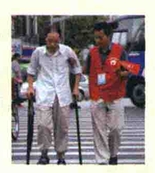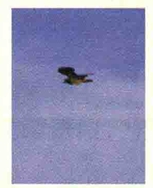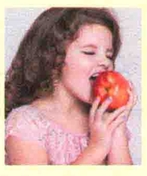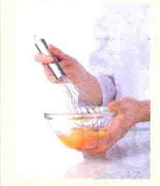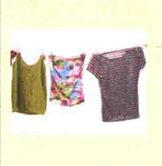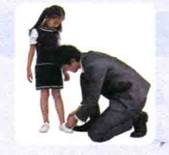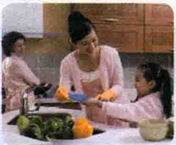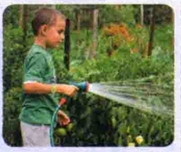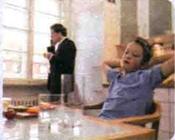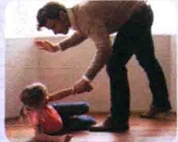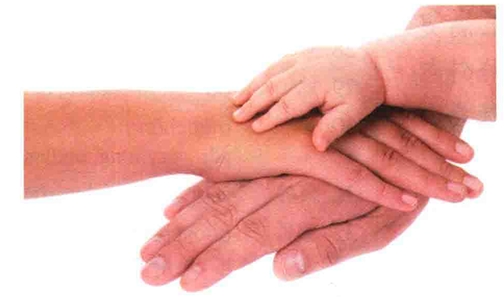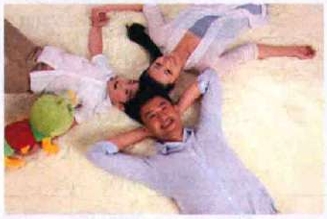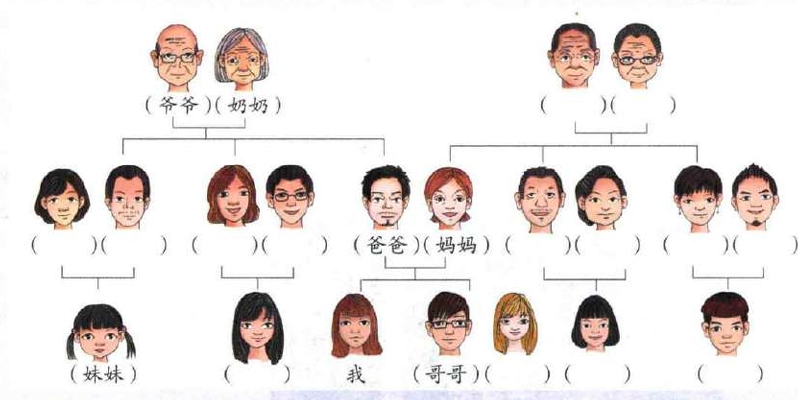课文与生词
课文 4 Texts
我们今年的工作都已经按照计划完成了。这一段时间,尽管工作很紧张,中间也遇到了很多困难,但是因为有大家的努力,我们成功地解决了问题,顺利地完成了工作,非常感谢大家对我的帮助!另外,马经理让我告诉大家一个好消息,因为大家按时完成了工作,公司决定这个月给每人多发三千元奖金。感谢大家这三个多月的努力工作,希望明年能有更大的成绩!
生词
19. 按照 ànzhào prep. according to
20. 成功 chénggōng adj. successful
21. 顺利 shùnlì adj. smooth
22. 感谢 gǎnxiè v. to thank
23. 消息 xiāoxi n. news
24. 按时 ànshí adv. on time, on schedule
25. 奖金 jiǎngjīn n. money award, bonus
5
年轻人刚开始工作的时候,不要太急着赚钱,不要眼睛里只有工资和奖金。在工作的前几年,重要的是丰富自己的工作经验,学习与同事交流的方法,积累专业知识,这些比收入重要多了。但是很多时候,我们不得不去做一些自己不愿意做甚至是非常不喜欢的工作。这时,我们最需要的
生词
26. 工资 gōngzī n. pay, salary
27. 方法 fāngfǎ n. method, way
28. 知识 zhīshi n. knowledge
29. 不得不 bù dé bù to have to, to have no choice but
30. 甚至 shènzhì
拼音课文 Texts in Pinyin
4
Wǒmen jīnnián de gōngzuò dōu yǐjīng ànzhào jìhuà wánchéng le. Zhè yí duàn shíjiān,
jǐnguǎn gōngzuò hěn jǐnzhāng, zhōngjiān yě yùdàole hěn duō kùnnan, dànshì yīnwèi
yǒu dàjiā de nǔlì, wǒmen chénggōng de jiějuéle wèntí, shùnlì de wánchéngle gōngzuò,
fēicháng gǎnxiè dàjiā duì wǒ de bāngzhù! Lìngwài, Mǎ jīnglǐ ràng wǒ gàosu dàjiā yí ge hǎo
xiāoxi, yīnwèi dàjiā ànshí wánchéngle gōngzuò, gōngsī juédìng zhège yuè gěi měi rén duō
fā sānqiān yuán jiǎngjīn. Gǎnxiè dàjiā zhè sān ge duō yuè de nǔlì gōngzuò, xīwàng míng
nián néng yǒu gèng dà de chéngjì!
5
Niánqīng rén gāng kāishǐ gōngzuò de shíhou, búyào tài jízhe zhuàn qián, búyào
yǎnjing li zhǐyǒu gōngzī hé jiǎngjīn. Zài gōngzuò de qián jǐ nián, zhòngyào de shì fēngfù
zìjǐ de gōngzuò jīngyàn, xuéxí yǔ tóngshì jiāoliú de fāngfǎ, jīlěi zhuānyè zhīshi, zhèxiē
bǐ shōurù zhòngyào duō le. Dànshì hěn duō shíhou, wǒmen bù dé bù qù zuò yìxiē zìjǐ bú
yuànyì zuò shènzhì shì fēicháng bù xǐhuan de gōngzuò. Zhè shí, wǒmen zuì xūyào de jiù
shì duì gōngzuò de zérènxīn. Yí ge rén jǐshǐ nénglì zài gāo, jīngyàn zài fēngfù, rúguǒ duì
gōngzuò méiyǒu zérènxīn, yě hěn nán bǎ gōngzuò zuòhǎo.
注释 4 按照
Notes
“按照”,介词,表示“根据”的意思。例如:
The preposition “按照” means “according to”, similar to “根据”. For example:
(1)我们今年的工作都已经按照计划完成了。
(2)这回材料都按照银行的要求准备好了吧?
(3)按照经验,这个问题应该可以很快解决,请大家放心。
● 练一练 Practise
完成句子 Complete the sentences.
(1)________________________ 别再写错了。(按照)
(2)________________________ ,我们可能完不成今年的工作了。(按照)
(3)经理说得对,________________________ 。(按照)
5 甚至
“甚至”,副词,强调突出的事例,可以放在并列的名词、动词、小句的最后一项之前,突出这一项。例如:
The conjunction “甚至” emphasizes a salient case or example. It can be put before the last one of the coordinate nouns, verbs or clauses to stress this item. For example:
(1)这个房子离您公司也不远,您可以坐公共汽车甚至可以骑自行车上班。
(2)很多时候,我们不得不去做一些自己不愿意做甚至是非常不喜欢的工作。
(3)迟到会让别人觉得你没有责任心,使你错过重要的机会,甚至会让别人不再相信你。
● 练一练 Practise
完成句子或对话 Complete the sentences/dialogues.
(1)她们俩长得太像了,________________________ 。(甚至)
(2)你怎么可能不认识他呢?________________________ 。(甚至)
(3)A: 马克怎么这么早就睡觉了?
B: ________________________ 。(甚至)
课文练习内容
根据课文内容回答问题 Answer the questions based on the texts.
课文4:① 他们今年工作的完成情况怎么样?
② 公司用什么方法来感谢大家的努力工作?
课文5:③ 刚开始工作的时候,什么最重要?
④ 我们遇到不愿意做的工作时应该怎么办?
练习1 复述 Retell the dialogues.
课文1:小李的语气:
今年我已经换了三次工作了,……
课文2:王经理的语气:
那份调查这么快就能做完,……
课文3:马经理的语气:
我们和那个公司的生意终于谈成了,……
2 选择合适的词语填空 Choose the proper words to fill in the blanks.
完全 责任 顺利 按时 不得不
① 飞机10点____起飞,请大家不要着急。
② 她们虽然是姐妹,但是性格____不一样。
③ 我本来以为这件事情会很____,没想到遇到这么多困难。
④ 没想到那天突然下起了大雨,所以他____又在这里住了一晚上。
⑤ 两个人在一起生活,都要对家有____感。
提前 一切 积累 提醒 保证
⑥ A:希望我们的工作能让您满意。
B:我非常满意,____都安排得很好。
⑦ A:这份调查明天上午交,你写好了吗?
B:还差一点儿,您放心,我____明天9点前给您。
⑧ A:今天下午的会议____一个小时,改在两点开。
B:我已经看到通知了,谢谢你。
⑨ A:听说你大学二年级的时候就开始在这个公司工作了。
B:是的,这让我____了很多工作经验。
学习内容
⑩ A:今天是王红的生日,记得给她打个电话。
B:谢谢你的______,我差点儿忘记了。
扩展 Expansion
同字词 Words with the Same Character
法:办法、法律、方法
(1)要想完全解决这个难题,还需要找更好的办法。
(2)我希望能够用法律来帮助别人,所以上大学的时候,我选择了法律专业。
(3)在工作中,应该根据不同的人、不同的事选择不同的方法。
• 做一做 Drills
选词填空 Fill in the blanks with the words given.
办法 法律 方法
- 如果你在______上有什么问题,我可以给你介绍一位律师。
- 关于这件事情,你有没有去问问叔叔?可能他有好______。
- 要了解每个人的脾气、性格、能力等,这样才能在他们出错时选择合适的______帮助他们解决问题。
运用 Application
1 双人活动 Pair Work
互相了解对方工作的态度,完成调查表。
Learn about each other’s attitudes towards jobs and careers, and complete the questionnaire below.
|
问 |
答 |
| 1 |
你最希望做哪种工作? |
|
| 2 |
你想自己开公司还是想找工作?
(如果想找工作,请做第4、5、6题) |
|
| 3 |
你觉得做生意容易吗?为什么? |
|
| 4 |
你认为找工作时什么最重要? |
|
| 5 |
如果工资比较低,你会换工作吗? |
|
| 6 |
你觉得常常换工作的人没有责任心吗? |
|
Document
2 小组活动 Group Work
最近你刚找到一个新工作,这个工作和你的专业非常不一样。向小组成员介
绍一下你会怎么做。(请最少用四个下面的结构)
Suppose you’ve just got a new job, which is barely related to what you’ve majored in.
Tell your group members what you are going to do. (Use at least four of the following
structures.)
a. 成功解决问题
e. 原来以为很简单
b. 万事开头难
f. 不得不去做
c. 一切都会好的
g. 积累专业知识
d. 顺利完成工作
h. 手忙脚乱

文化 CULTURE
授人以鱼不如授人以渔 Better to Teach Fishing than to Give Fish
中国有句话叫“授人以鱼不如授人以渔(shòu rén yǐ yú bù rú shòu rén yǐ yú)”,意思
是说传授给人既有知识或财富等,不如传授给人学习知识或获得财富的方法。这句话道理其
实很简单,“鱼”是目的,“渔(钓鱼)”是方法,如果想永远有鱼吃,那就要学会钓鱼的
方法。在工作中也是这样,如果别人遇到困难,最好的办法不是替他完成工作,而是交给他
解决问题、克服困难的方法。
There is a Chinese saying that goes, “It’s better to teach a man fishing than to give him fish”,
meaning that teaching people how to obtain knowledge or wealth is more useful than imparting
to them the existen knowledge or wealth, etc. The truth behind it is quite simple. In the saying,
“fish” is the aim, and “fishing” is the method. One who wants to always have fish needs to learn the
method of fishing. The same is true at work. If someone meets a problem, the best way to help is not
to finish the task for him, but to teach him how to solve the problem and overcome the difficulty.




















